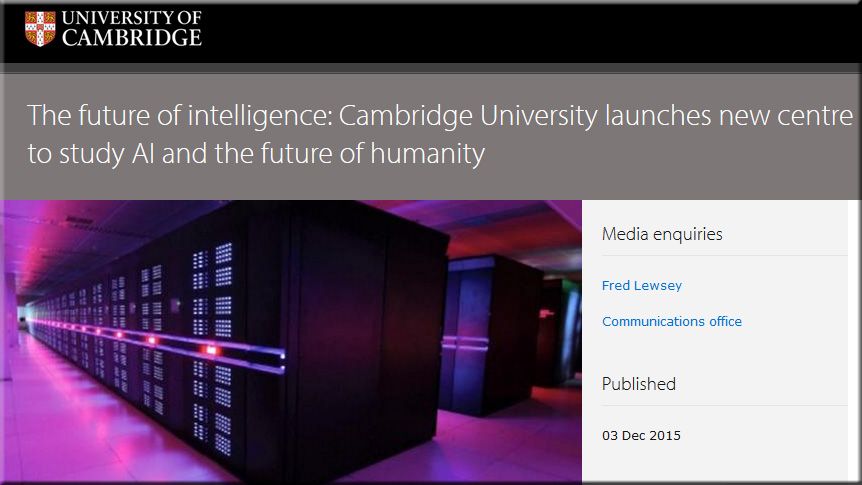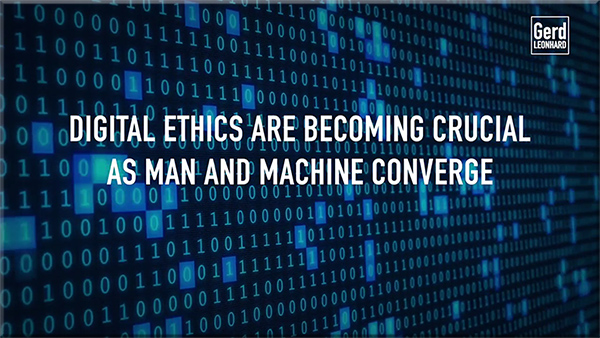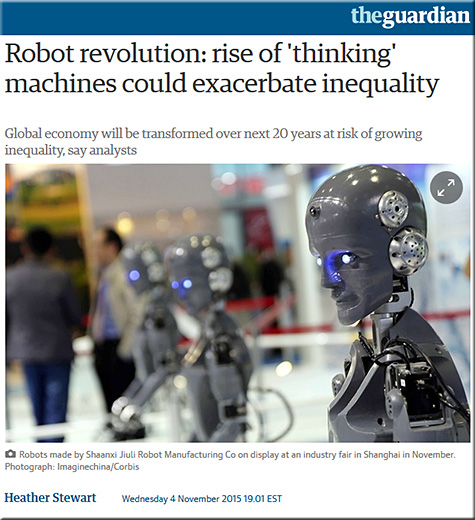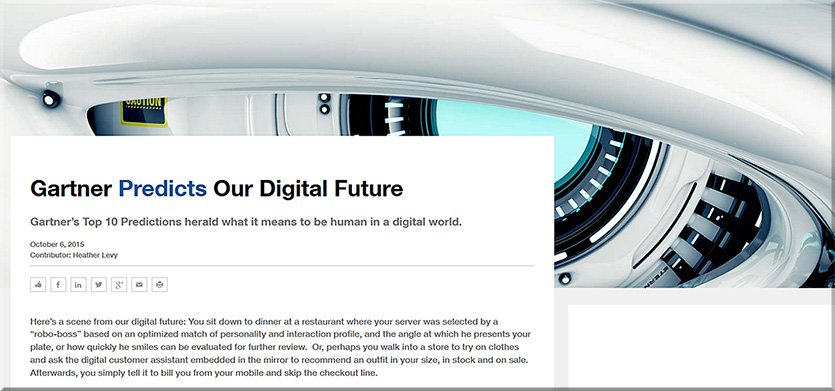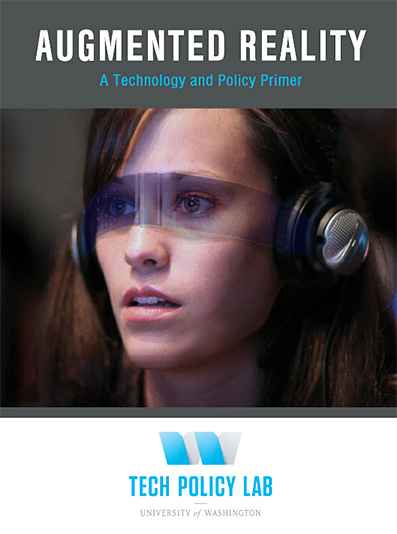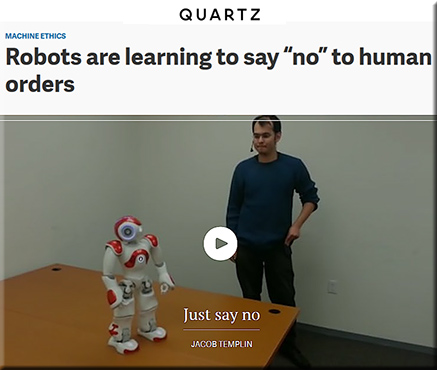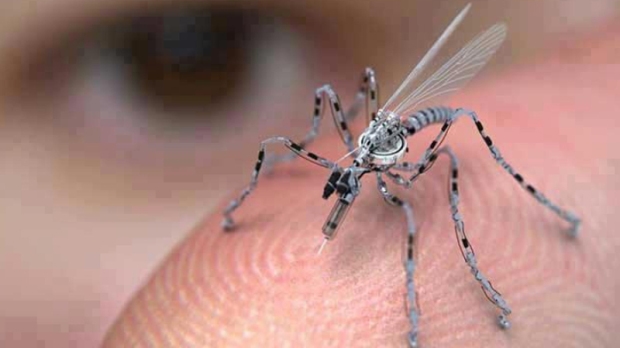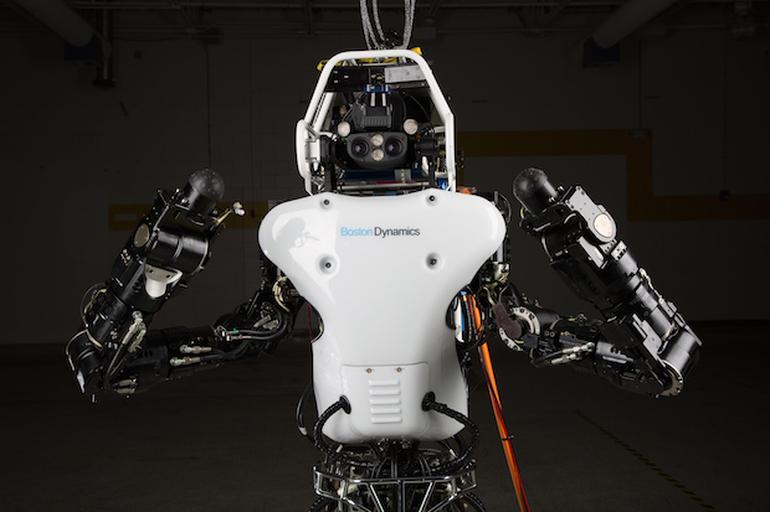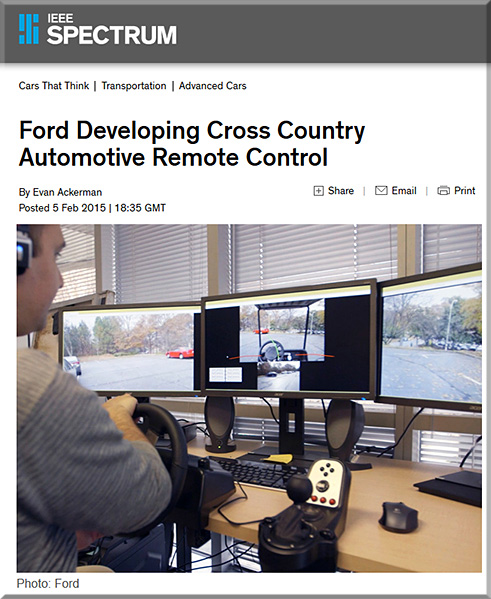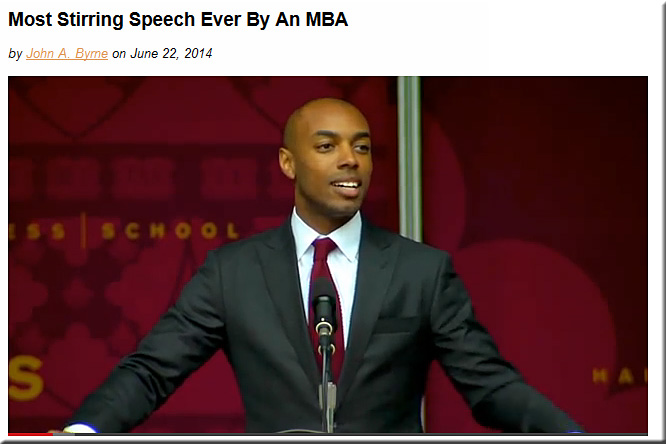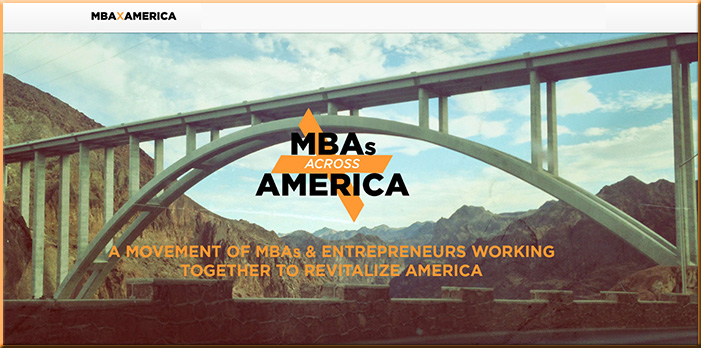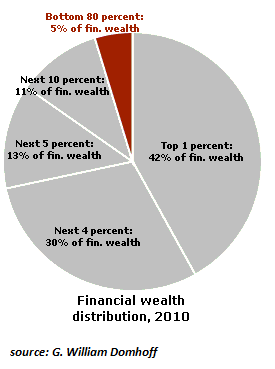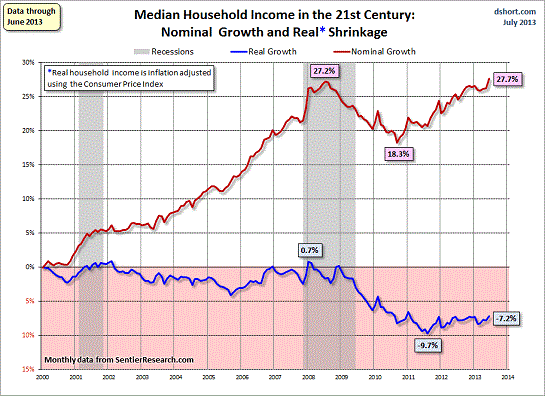From DSC:
Below are some further items that discuss the need for some frameworks, policies, institutes, research, etc. that deal with a variety of game-changing technologies that are quickly coming down the pike (if they aren’t already upon on). We need such things to help us create a positive future.
Also see Part I of this thread of thinking entitled, “The need for ethics, morals, policies, & serious reflection about what kind of future we want has never been greater!“ There have been so many other items that came out since that posting, I felt like I needed to add another one here.
What kind of future do we want? How are we going to insure that we get there?
As the saying goes…”Just because we can do something, doesn’t mean we should.” Or another saying comes to my mind…”What could possibly go wrong with this? It’s a done deal.”
While some of the items below should have very positive impacts on society, I do wonder how long it will take the hackers — the ones who are bent on wreaking havoc — to mess up some of these types of applications…with potentially deadly consequences? Security-related concerns must be dealt with here.
5 amazing and alarming things that may be done with your DNA — from washingtonpost.com by Matt McFarland
Excerpt (emphasis DSC):
Venter is leading efforts to use digital technology to analyze humans in ways we never have before, and the results will have huge implications for society. The latest findings he described are currently being written up for scientific publications. Venter didn’t want to usurp the publications, so he wouldn’t dive into extensive detail of how his team has made these breakthroughs. But what he did share offers an exciting and concerning overview of what lies ahead for humanity. There are social, legal and ethical implications to start considering. Here are five examples of how digitizing DNA will change the human experience:
These are the decisions the Pentagon wants to leave to robots — from defenseone.com by Patrick Tucker
The U.S. military believes its battlefield edge will increasingly depend on automation and artificial intelligence.
Excerpt:
Conducting cyber defensive operations, electronic warfare, and over-the-horizon targeting. “You cannot have a human operator operating at human speed fighting back at determined cyber tech,” Work said. “You are going to need have a learning machine that does that.” He did not say whether the Pentagon is pursuing the autonomous or automatic deployment of offensive cyber capabilities, a controversial idea to be sure. He also highlighted a number of ways that artificial intelligence could help identify new waveforms to improve electronic warfare.
Britain should lead way on genetically engineered babies, says Chief Scientific Adviser — from.telegraph.co.uk by Sarah Knapton
Sir Mark Walport, who advises the government on scientific matters, said it could be acceptable to genetically edit human embryos
Excerpt:
Last week more than 150 scientists and campaigners called for a worldwide ban on the practice, claiming it could ‘irrevocably alter the human species’ and lead to a world where inequality and discrimination were ‘inscribed onto the human genome.’
But at a conference in London [on 12/8/15], Sir Mark Walport, who advises the government on scientific matters, said he believed there were ‘circumstances’ in which the genetic editing of human embyros could be ‘acceptable’.
Cyborg Future: Engineers Build a Chip That Is Part Biological and Part Synthetic — from futurism.com
Excerpt:
Engineers have succeeded in combining an integrated chip with an artificial lipid bilayer membrane containing ATP-powered ion pumps, paving the way for more such artificial systems that combine the biological with the mechanical down the road.
Robots expected to run half of Japan by 2035 — from engadget.com by Andrew Tarantola
Something-something ‘robot overlords’.
Excerpt:
Data analysts Nomura Research Institute (NRI), led by researcher Yumi Wakao, figure that within the next 20 years, nearly half of all jobs in Japan could be accomplished by robots. Working with Professor Michael Osborne from Oxford University, who had previously investigated the same matter in both the US and UK, the NRI team examined more than 600 jobs and found that “up to 49 percent of jobs could be replaced by computer systems,” according to Wakao.
Cambridge University is opening a £10 million centre to study the impact of AI on humanity — from businessinsider.com by Sam Shead
Excerpt:
Cambridge University announced on [12/3/15] that it is opening a new £10 million research centre to study the impact of artificial intelligence on humanity.
The 806-year-old university said the centre, being funded with a grant from non-profit foundation The Leverhulme Trust, will explore the opportunities and challenges facing humanity as a result of further developments in artificial intelligence.
Tech leaders launch nonprofit to save the world from killer robots — from
Elon Musk, Sam Altman, and other tech titans have invested $1 billion in a nonprofit that would help direct artificial intelligence technology toward positive human impact.
2016 will be a pivotal year for social robots — from therobotreport.com by Frank Tobe
1,000 Peppers are selling each month from a big-dollar venture between SoftBank, Alibaba and Foxconn; Jibo just raised another $16 million as it prepares to deliver 7,500+ units in Mar/Apr of 2016; and Buddy, Rokid, Sota and many others are poised to deliver similar forms of social robots.
Excerpt:
These new robots, and the proliferation of mobile robot butlers, guides and kiosks, promise to recognize your voice and face and help you plan your calendar, provide reminders, take pictures of special moments, text, call and videoconference, order fast food, keep watch on your house or office, read recipes, play games, read emotions and interact accordingly, and the list goes on. They are attempting to be analogous to a sharp administrative assistant that knows your schedule, contacts and interests and engages with you about them, helping you stay informed, connected and active.
IBM opens its artificial mind to the world — from fastcompany.com by Sean Captain
IBM is letting companies plug into its Watson artificial intelligence engine to make sense of speech, text, photos, videos, and sensor data.
Excerpt:
Artificial intelligence is the big, oft-misconstrued catchphrase of the day, making headlines recently with the launch of the new OpenAI organization, backed by Elon Musk, Peter Thiel, and other tech luminaries. AI is neither a synonym for killer robots nor a technology of the future, but one that is already finding new signals in the vast noise of collected data, ranging from weather reports to social media chatter to temperature sensor readings. Today IBM has opened up new access to its AI system, called Watson, with a set of application programming interfaces (APIs) that allow other companies and organizations to feed their data into IBM’s big brain for analysis.
GE wants to give industrial machines their own social network with Predix Cloud — from fastcompany.com by Sean Captain
GE is selling a new service that promises to predict when a machine will break down…so technicians can preemptively fix it.
Foresight 2020: The future is filled with 50 billion connected devices — from ibmbigdatahub.com by Erin Monday
Excerpt:
By 2020, there will be over 50 billion connected devices generating continuous data.
This figure is staggering, but is it really a surprise? The world has come a long way from 1992, when the number of computers was roughly equivalent to the population of San Jose. Today, in 2015, there are more connected devices out there than there are human beings. Ubiquitous connectivity is very nearly a reality. Every day, we get a little closer to a time where businesses, governments and consumers are connected by a fluid stream of data and analytics. But what’s driving all this growth?
Designing robots that learn as effortlessly as babies — from singularityhub.com by Shelly Fan
Excerpt:
A wide-eyed, rosy-cheeked, babbling human baby hardly looks like the ultimate learning machine.
But under the hood, an 18-month-old can outlearn any state-of-the-art artificial intelligence algorithm.
Their secret sauce?
They watch; they imitate; and they extrapolate.
Artificial intelligence researchers have begun to take notice. This week, two separate teams dipped their toes into cognitive psychology and developed new algorithms that teach machines to learn like babies. One instructs computers to imitate; the other, to extrapolate.
Researchers have found a new way to get machines to learn faster — from fortune.com by Hilary Brueck
Excerpt:
An international team of data scientists is proud to announce the very latest in machine learning: they’ve built a program that learns… programs. That may not sound impressive at first blush, but making a machine that can learn based on a single example is something that’s been extremely hard to do in the world of artificial intelligence. Machines don’t learn like humans—not as fast, and not as well. And even with this research, they still can’t.
Team showcase how good Watson is at learning — from adigaskell.org
Excerpt:
Artificial intelligence has undoubtedly come a long way in the last few years, but there is still much to be done to make it intuitive to use. IBM’s Watson has been one of the most well known exponents during this time, but despite it’s initial success, there are issues to overcome with it.
A team led by Georgia Tech are attempting to do just that. They’re looking to train Watson to get better at returning answers to specific queries.
Why The Internet of Things will drive a Knowledge Revolution. — from linkedin.com by David Evans
Excerpt:
As these machines inevitably connect to the Internet, they will ultimately connect to each other so they can share, and collaborate on their own findings. In fact, in 2014 machines got their own ”World Wide Web” called RoboEarth, in which to share knowledge with one another. …
The implications of all of this are at minimum twofold:
- The way we generate knowledge is going to change dramatically in the coming years.
- Knowledge is about to increase at an exponential rate.
What we choose to do with this newfound knowledge is of course up to us. We are about to face some significant challenges at scales we have yet to experience.
Drone squad to be launched by Tokyo police — from bbc.com
Excerpt:
A drone squad, designed to locate and – if necessary – capture nuisance drones flown by members of the public, is to be launched by police in Tokyo.
An advance in artificial intelligence rivals human abilities — from todayonline.com by John Markoff
Excerpt:
NEW YORK — Computer researchers reported artificial-intelligence advances [on Dec 10] that surpassed human capabilities for a narrow set of vision-related tasks.
The improvements are noteworthy because so-called machine-vision systems are becoming commonplace in many aspects of life, including car-safety systems that detect pedestrians and bicyclists, as well as in video game controls, Internet search and factory robots.
Somewhat related:
Novo Nordisk, IBM Watson Health to create ‘virtual doctor’ — from wsj.com by Denise Roland
Software could dispense treatment advice for diabetes patients
Excerpt:
Novo Nordisk A/S is teaming up with IBM Watson Health, a division of International Business Machines Corp., to create a “virtual doctor” for diabetes patients that could dispense treatment advice such as insulin dosage.
The Danish diabetes specialist hopes to use IBM’s supercomputer platform, Watson, to analyze health data from diabetes patients to help them manage their disease.
Why Google’s new quantum computer could launch an artificial intelligence arms race — from washingtonpost.com
8 industries robots will completely transform by 2025 — from techinsider.io
Addendums on 12/17/15:
Russia and China are building highly autonomous killer robots — from businessinsider.com.au by Danielle Muoi
Excerpt:
Russia and China are creating highly autonomous weapons, more commonly referred to as killer robots, and it’s putting pressure on the Pentagon to keep up, according to US Deputy Secretary of Defense Robert Work. During a national-security forum on Monday, Work said that China and Russia are heavily investing in a roboticized army, according to a report from Defense One.
Your Algorithmic Self Meets Super-Intelligent AI — from techcrunch.com by Jarno M. Koponen
Excerpt:
At the same time, your data and personalized experiences are used to develop and train the machine learning systems that are powering the Siris, Watsons, Ms and Cortanas. Be it a speech recognition solution or a recommendation algorithm, your actions and personal data affect how these sophisticated systems learn more about you and the world around you.
The less explicit fact is that your diverse interactions — your likes, photos, locations, tags, videos, comments, route selections, recommendations and ratings — feed learning systems that could someday transform into super–intelligent AIs with unpredictable consequences.
As of today, you can’t directly affect how your personal data is used in these systems
Addendum on 12/20/15:
- Humans Are Slamming Into Driverless Cars and Exposing a Key Flaw — from bloomberg.com by Keith Naughton
Addendum on 12/21/15:
- Facewatch ‘thief recognition’ CCTV on trial in UK stores — from bbc.com
Excerpts (emphasis DSC):
Face-recognition camera systems should be used by police, he tells me. “The technology’s here, and we need to think about what is a proportionate response that respects people’s privacy,” he says.
…
“The public need to ask themselves: do they want six million cameras painted red at head height looking at them?
Addendum on 1/13/16:
- The Algorithms Are Taking Over: Who Controls Our Online Future? — from forbes.com by Kalev Leetaru









